Principle Investigators
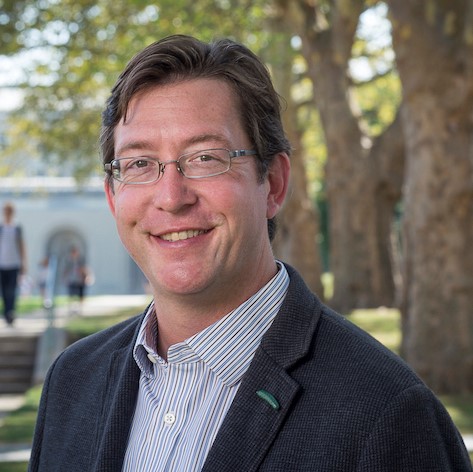
Norman Bier: Executive Director – Simon Institute, Carnegie Mellon University
Norman Bier
Norman Bier directs the Open Learning Initiative (OLI) and is the Executive Director of the Simon Initiative. In this dual role, he leads a 14-member research, technology, and learning engineering team, and investigates open educational resources, learning engineering, and supporting large educator-use communities. Integrating open, adaptive courseware tools with instructional practice is a focus in Bier’s work, particularly in the development and application of learning analytic tools that combine proven and experimental analytic techniques with carefully constructed user experiences. For more than two decades his career has worked at the intersection of learning and technology, expanding access to and improving the quality of education. His experience spans the higher educational sector, including two-year and four-year, public, private, domestic, international, and commercial institutions. During his tenure at OLI he has emphasized broadening faculty participation, and building a financial model that sustains the organization’s work. Under his leadership, OLI has grown annual student enrollments at participating institutions by 120% and has grown non-grant annual revenue by 865% through partnerships and community-based support fees. His team has released new authoring tools and are now developing OLI’s open-sourced next generation system, Torus. As Executive Director of the Simon Initiative he championed and led the release of the OpenSimon Toolkit, interconnecting and openly licensing over $100 million dollars of CMU’s premier learning engineering innovations. Over the past decade, Bier has served as PI and Co-PI on multiple philanthropic, state, and NSF funded projects.. Bier will provide overall project leadership, coordinating across collaborators and ensuring project success.
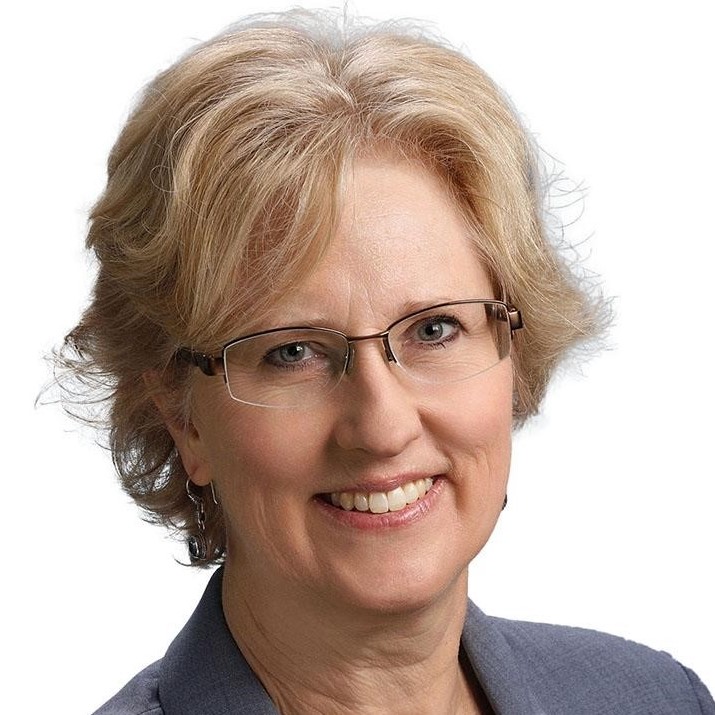
Pamela Pape-Lindstrom: Dean of STEM, Hartford Community College
Pamela Pape-Lindstrom
Pamela Pape-Lindstrom became the Dean of STEM at Harford Community College in 2017. As faculty at Everett Community College, Everett, WA, she received NSF funding to incorporate STELLA dynamic modeling exercises into systems & sustainability and biology courses. In 2008 Pape-Lindstrom became a founding Fellow of the Partnership for Undergraduate Life Sciences Education (PULSE) and has presented the work of this group at national conferences including SABER, AAC&U and the Gordon Research Conference on Undergraduate Biology Education Research. Pape-Lindstrom led the Rubrics and Recognition group for PULSE from 2008-2017 (https://www.pulse-community.org/recognition). As the Dean of STEM, she has developed a transfer degree and a certificate in a Data Science program that is pending approval from the Maryland Higher Education Commission. This work has been undertaken in collaboration with an NSF award to the EDC Oceans of Data Institute entitled Mentoring to Support Designing and Launching of New Data Science Career Pathways at Community Colleges. For this OLI project, her efforts will include recruitment of faculty to adopt, and improve the OLI courseware, and facilitation of data collection efforts.

Nicole Simon: Assistant Professor – Nassau Community College
Nicole Simon
Nicole Simon holds Ph.D. in Educational Technology Management and is an Assistant Professor at Nassau Community College in the Engineering/Physics/Technology Department on Long Island. Her research interests center on improving student learning and engagement with science through increasing access to scientific inquiry experiences and through raising self-efficacy in science. She focuses specifically at the use of virtual environments to deliver scientific inquiry curricula and science assessments to students in the classroom and at professional development to help teachers integrate scientific inquiry into their curricula. Her expertise in educational technology and online learning allows Dr. Simon to create virtual learning environments for her students that may be used as both assessment tools and for student retention of learned information.

John Stamper: Assistant Professor – Carnegie Mellon University (HCII)
John Stamper
John Stamper is an Assistant Professor at the Human-Computer Interaction Institute at CMU. He is also the Technical Director of the Pittsburgh Science of Learning Center DataShop. Stamper has helped create a number of programs at CMU, including the Human Centered Data Science track of the Masters of Computational Data Science and the Masters of Educational Technology and Applied Learning Science. His primary areas of research include Educational Data Mining and Intelligent Tutoring Systems. Stamper oversees the DataShop, which is the largest open data repository of transactional educational data and associated visualization and analysis tools for researchers in the learning sciences. He will coordinate research efforts for the project, including learning and user research. His efforts will emphasize research at the intersection of user experience, educational data and learning science, particularly through advising and guiding Ph.D. student research.

Participating Faculty
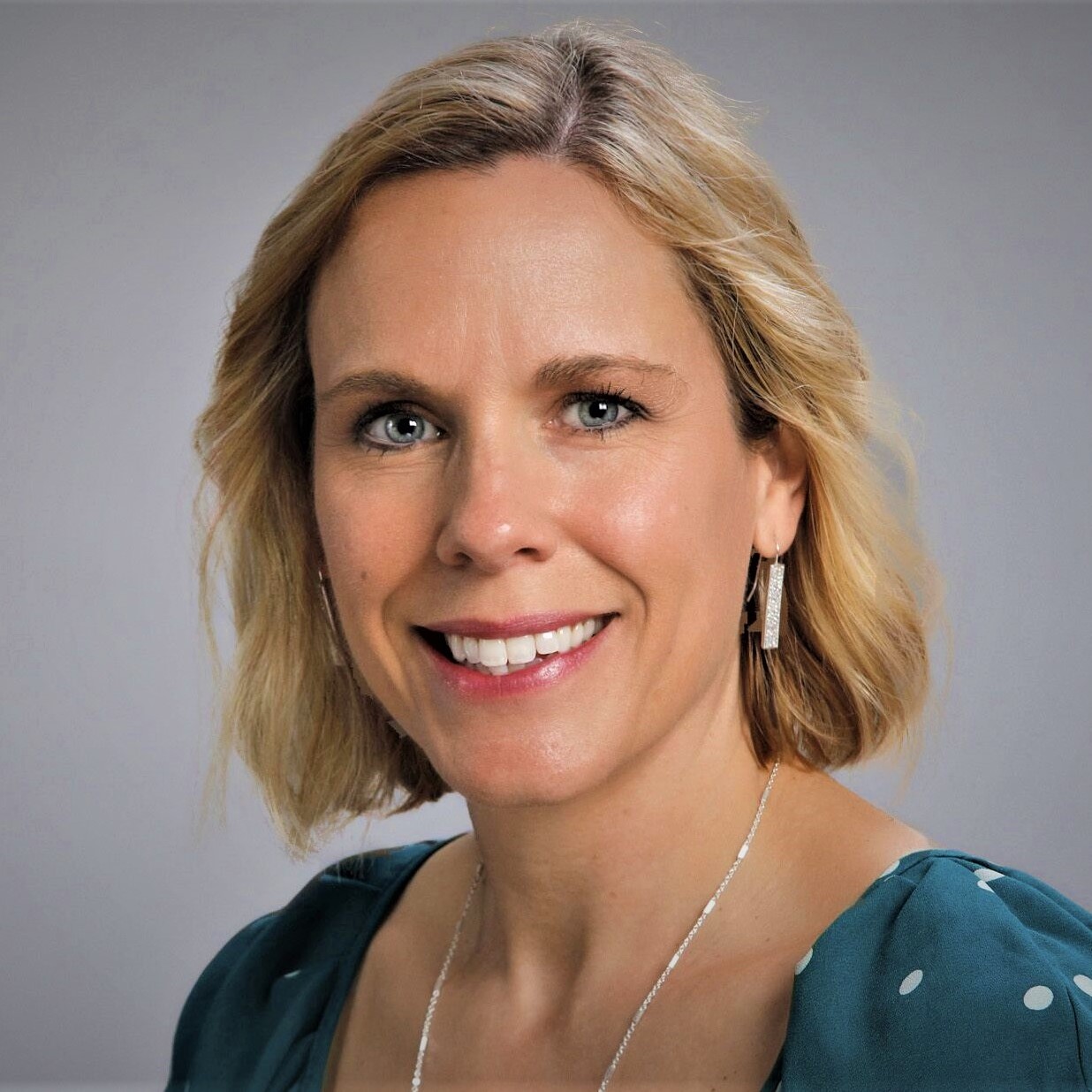
Jessica Adams: Associate Professor – Hartford Community College
Jessica Adams
My name is Jessica Adams and I am an Associate Professor of mathematics and statistics within the Science, Technology, Engineering, and Mathematics Division at Harford Community College. I have worked at the college since 2008 and transitioned to full-time faculty in 2015. I obtained my
undergraduate degree in Mathematics from University of Delaware. I also earned my Master’s degree from College of Notre Dame of Maryland in Education and from Johns Hopkins University in Applied and Computational Studies. I have taught at Harford Community College since 2008 and Towson University
since 2017. I have developed the pre-statistics and co-requisite statistics course and I am one of the lead instructor designing an open educational collaborative course for Introduction to Statistics. I am always interested in learning about new resources for students and my courses.
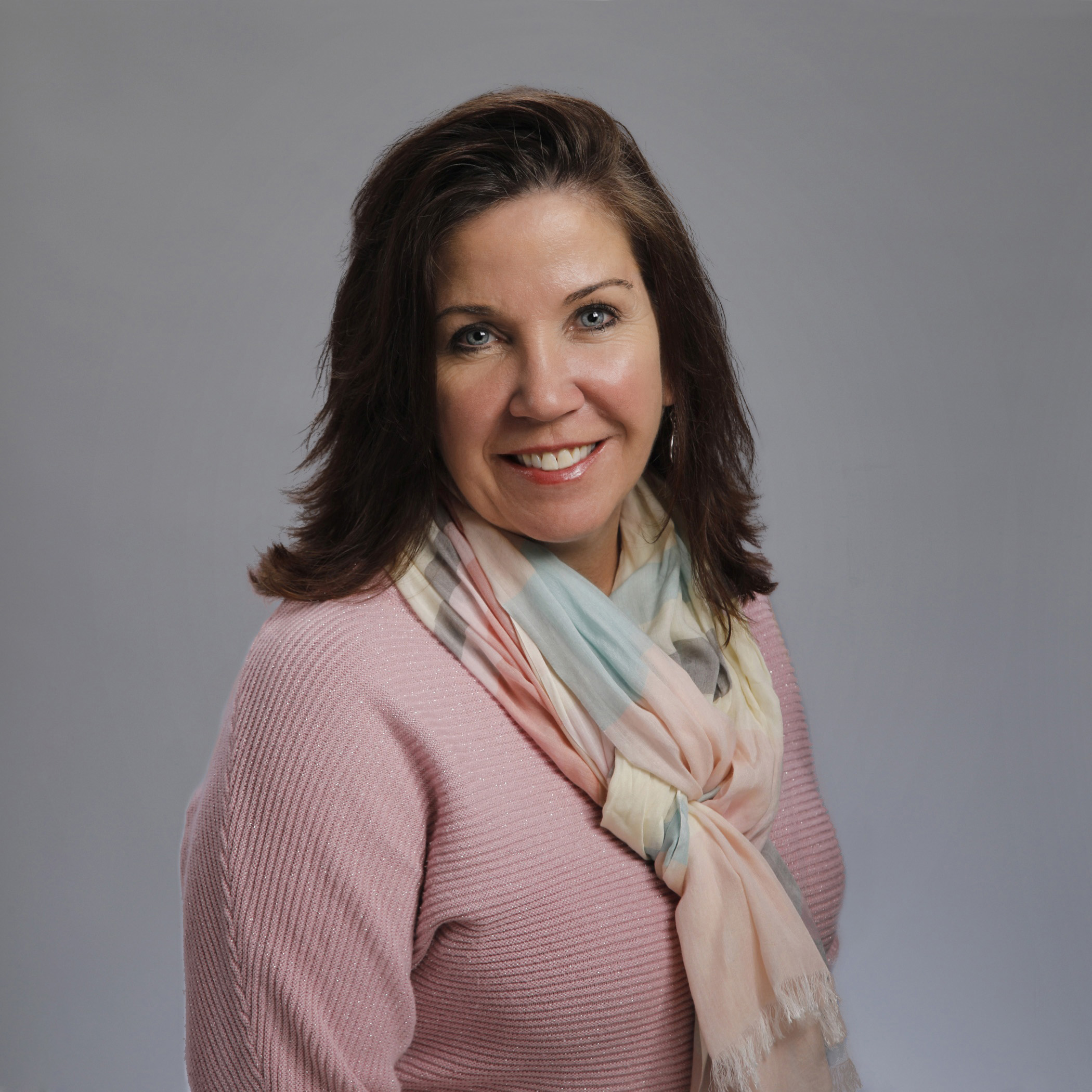
Michele Catterton: Assistant Professor – Mathematics, Hartford Community College
Michele Catterton
My name is Michele Catterton and I am an Assistant Professor of Mathematics within the Science, Technology, Engineering, and Mathematics Division at Harford Community College. I have worked at the college since 1999 and transitioned to full-time faculty around 2002. I obtained my undergraduate degree in Mathematics from Towson University. I also earned my Master’s degree in Curriculum and Instruction from Western Maryland College (now McDaniel College). I mainly teach statistics and math for elementary education majors. I am a lead instructor of statistics here at HCC. My main focus in my statistics classes is active learning. You will often find my students working collaboratively during class to gather data or work on an activity to reinforce the concepts that they are learning.
Advisory Board
Tony DeFranco: Director – SUNY OER, User Support Services
Tony DeFranco
Tony DeFranco is Director of User Support Services for SUNY OER Services. Tony works with faculty, staff, and campus leaders to help them adopt, scale, and sustain OER initiatives at their institutions. Previously, Tony served in various leadership roles around technology support, distance learning, and OER efforts at Tompkins Cortland Community College. Prior to academia, he worked for many years a broadcaster and manager in the media. Tony earned his AAS from SUNY Canton, BS and MBA from SUNY Empire State College, MS in Information Design and Technology from SUNY Polytechnic, and is pursuing his PhD in Curriculum and Instruction at University at Buffalo.
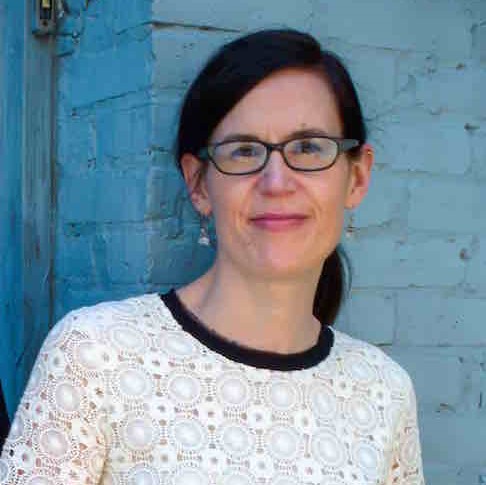
Nancy O’Neill: Acting Director – Academic Innovation, University System of Maryland
Nancy O'Neill
Nancy O’Neill joined the Kirwan Center in February 2016 and has served as the Associate Director since April 2016, helping to shape the Kirwan Center’s mission and strategic direction. At the Kirwan Center, she coordinates the System’s teaching and learning center directors and plans capacity-building initiatives with and for faculty development leaders across the System. She also supports Kirwan Center initiatives that directly engage faculty and academic leaders, including efforts to scale and sustain open educational resources. Prior to being at USM, she served as the Director of the Center for Excellence in Learning, Teaching, and Technology at the University of Baltimore from 2012 to 2016. While at UB, her work focused on supporting faculty innovation in teaching as well as curriculum development and alignment, student learning assessment, and institutional effectiveness. In her last year at UB, she helped guide the University’s general education reform and institutional assessment efforts ahead of re-accreditation.
Before moving to Baltimore in 2012, Nancy spent a decade at the Association of American Colleges and Universities (AAC&U), contributing to national projects related to high-impact practices, undergraduate curriculum and quality, assessment, institutional renewal, and diversity and equity initiatives. Highlights include managing the implementation and dissemination phases of a grant-funded project involving 23 colleges and universities focused on educating students for personal and social responsibility (PSR), and supporting campus change projects involving institutional leadership teams through consultations, institutes, and project meetings. She was involved in the piloting and launching of a campus climate survey within the consortium and ultimately shepherded three research reports, an administrator’s guide, and a user’s guide to publication. Also within that project, she organized a crosswalk of new national data provided by leading educational researchers, leading to another publication. Earlier in her tenure at AAC&U, she guided to publication a series of research reports focused on building campus capacity to evaluate diversity efforts, part of the dissemination phase of a grant-funded project involving a consortium of California colleges and universities.
Nancy earned a doctorate in higher education management from the University of Pennsylvania, a master’s degree in American Studies and a master’s degree in College Student Personnel from the University of Maryland, College Park, and a bachelor’s degree in journalism and social criticism from the University of Buffalo.

Crystal Jenkins: Chemistry Dept. Co-chair – Santa Ana College
Crystal Jenkins
Crystal Jenkins has been a Professor of Chemistry at Santa Ana College for over a decade and has served as Chair of the department. She holds a master’s degree in Organic Chemistry from California State University, Long Beach (2011), as well as a master’s degree in Biomedical Engineering from the University of California, San Diego (1989) and a bachelor’s degree in Biomedical Engineering from the University of California, San Diego (1987). Her work has explicitly focused on improving chemistry instruction for under- performing and vulnerable learners, particularly through the use and development of OER. She is currently PI on the CA Learning Lab “Community-Sourced Data Driven Open Adaptive Courseware” project where her efforts emphasize chemistry, local (SAC and Community college) context, and broader connections with Open Education; she is a close collaborator with Co-PIs Bier and Stamper. As an advisory board member, she will provide guidance on the expansion of the CA efforts, emphasizing the perspective of a community college faculty member.

Cherylee Kushida: Distance Education Lead – Santa Ana College
Cherylee Kushida
Cherylee Kushida leads distance education & OER efforts at Santa Ana College, and has collaborated with Co-PI Bier for almost a decade. She has served as the chair of the Computer Science department at Santa Ana, and was awarded an Outstanding Achievement Award for Best Use of Technology in Education by the Community College Foundation. She is a key leader for Santa Ana’s efforts on the “Community-Sourced Data Driven Open Adaptive Courseware” project. As an advisory board member, she will apply her expertise in involving new faculty in innovations and open education, and will provide a community college administrator’s perspective on our expansion of the CA efforts.
Key Personnel

Steve Moore: PhD Student – Carnegie Mellon University (HCII)
Steve Moore
Steven Moore is a PhD student in Human-Computer Interaction at Carnegie Mellon University. He obtained his undergraduate degree in Computer Science from Georgia Tech and a Master’s in Educational Technology from Carnegie Mellon University. Prior to beginning his PhD he has worked as a full-stack developer, data scientist, and learning engineer. His research interests center on learnersourcing, which creates novel instructional content from data collected via students progressing through online courses. Using applied natural language processing techniques, this collected data can be leveraged to create hints, feedback, and new questions that students and instructors can utilize. Outside of research, Steven is passionate about teaching and has both taught and helped developed courses relating to introductory programming and tools for online learning. For this project, his efforts will include implementing learnersourcing activities into OLI courses and conducting data analysis related to their output.

